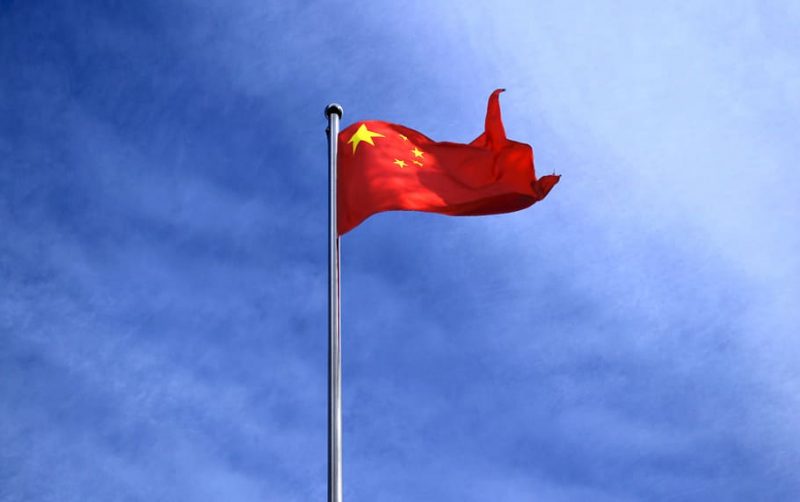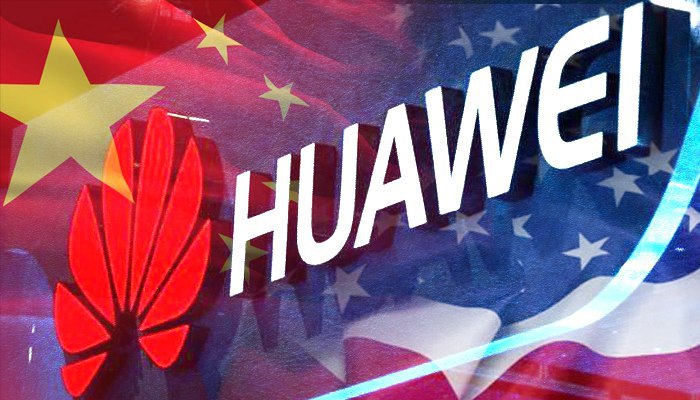There have been several important news stories recently about the ongoing trade war between the United States and China, including Washington’s attempts to thwart the rise of China’s Huawei. However, this fight has gone beyond the two giants, and has now reached the shores of the European Union.
First of all, it is necessary to highlight a common misconception that Donald Trump personally started the trade war against China: in reality, the conflict has been ongoing for many years. In 2015, China put up obstacles to the important of certain American technologies, leading to hostile reactions from the United States and then President Barack Obama, who expressed his anger and warned the Chinese government to change their position if it wanted to continue trading with the US.
The truth is that the Chinese measure to prevent access to certain US technology sectors was a strategic success. On the one hand, it proved favorable to national companies in the domestic market, and was an adequate response to numerous blockades that Chinese companies such as Huawei had suffered from since 2010. In regard to Huawei, Obama’s direct blockade of the company was justified by the White House as a “national security measure,” in a 2012 report.

PxFuel
On top of this, in 2014, WikiLeaks revealed reports showing that the NSA had hacked Huawei servers to learn about ostensible Chinese plans and to spy on their Iranian, Afghan and Pakistani allies. During the Trump administration, the situation intensified. Washington’s arguments often related to “critical infrastructure”, “espionage” and “national security,” which has made it very difficult for the Chinese to present legal challenges to the US’ actions against them. This eventually led to the CEO of Huawei in Spain declaring that the company would replace US hardware components with parts from Europe, and that in the near future, they intended to do the same with the software linked to Google.
Huawei is an extremely competent company that is rapidly growing due to a variety of factors, sometimes related to shady lawsuits, but also purely from selling a large amount of mobile phones and providing wifi networks, efforts which have been accompanied by important technological developments in telecommunications. The most important of these advancements is Huawei’s swiftness in developing 5G technology for several European countries. This has already been described by sectors opposed to Chinese investments as “a danger” to human health and the wild life, despite a lack of proof. As it turns out, the papers that were publishing these accusations were geopolitically and economically motivated by people with an interest in blocking trade agreements with China.
Another critical moment was when Trump threatened to introduce tariffs against goods from the European Union. He claimed that the previous agreements the United States had signed with Europe were “disadvantageous” and needed to change. Many European countries soon criticized these measures, especially France, which was strongly affected.
The US International Trade Office indicated that it was considering applying 100% tariffs on French products in response to Macron’s plans to implement the “GAFA rate,” a measure that would put a 3% tax on all technology giants (such as Google, Apple, Facebook and Amazon). In the United Kingdom, Boris Jonhson, despite warnings from the American side, announced that his plan to implement taxes against the same large tech companies due to the enormous income they receive in relation to the small amount of taxes they pay to operate in the country. Other countries which have good relations with the US, such as Argentina and Brazil, also suffered from tariffs on products such as steel and aluminum, demonstrating that the United States is pursuing a policy of maximizing benefits at all costs, and proving itself to be more a business partner than an ally.
Brazil and Argentina have been presiding over a massive devaluation of their currencies. which is not good for our farmers. Therefore, effective immediately, I will restore the Tariffs on all Steel & Aluminum that is shipped into the U.S. from those countries. The Federal….
— Donald J. Trump (@realDonaldTrump) December 2, 2019
Washington’s attitude has had heavy repercussions in Europe, not as much in terms of individual countries, but collectively. The president of the European Commission, Ursula Von der Leyen, announced that Europe was prepared to respond to the US’ sanctions and urged dialogue and negotiations where everyone benefits. China, for its part, has declared its intentions to carry out a process of developing technological autonomy to depend less and less on foreign countries in its government offices and public institutions, something that could be a huge blow to US companies such as Microsoft, Dell and HP, which are the Asian giant’s traditional suppliers. This measure aims to prevent damage from future sanctions and counteract Trump’s measures, as well as to demonstrate the country’s capacity for technological self-sufficiency.

















Leave a Reply